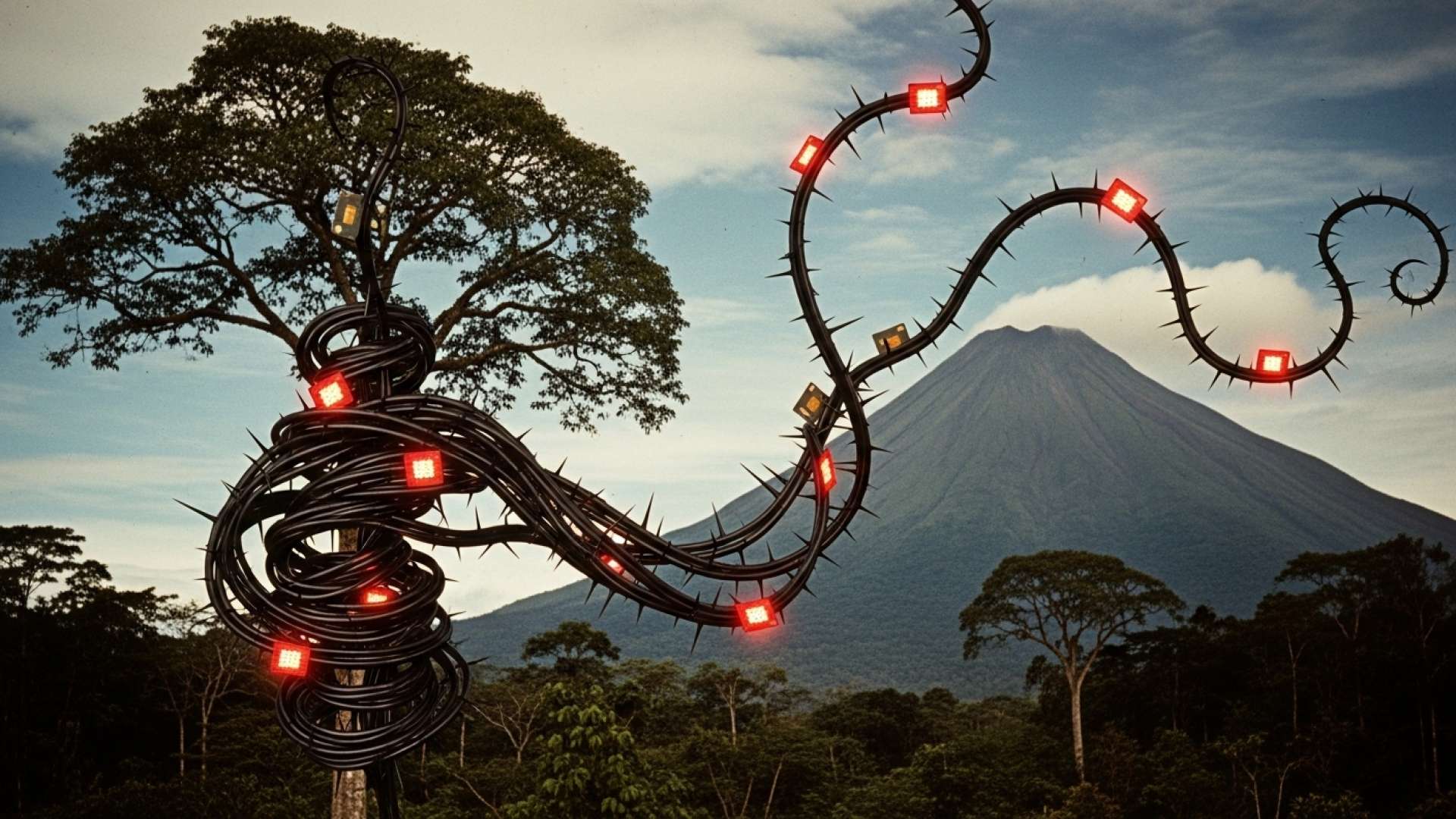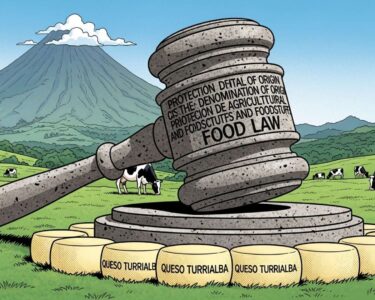San José, Costa Rica — A troubling new study has uncovered a dramatic escalation in predatory lending schemes known as “gota a gota,” or drop by drop, with emergency calls related to these extortion rackets skyrocketing across Costa Rica. The comprehensive investigation reveals that 615 incidents were logged by the 9-1-1 Emergency System between 2019 and 2025, directly linked to the violent and coercive tactics of these informal lenders.
The research, a collaborative effort between the United Nations in Costa Rica, national security authorities, and various banking institutions, paints a grim picture of a rapidly worsening crisis. The number of related emergency incidents has surged exponentially, climbing from a mere 8 in 2019 to a staggering 261 in 2024 alone. This data provides clear evidence of how usury and extortion are systematically infiltrating diverse sectors of society, ensnaring victims regardless of their gender, age, or educational background.
To gain a deeper legal perspective on the alarming rise of extortion loans, known locally as ‘gota a gota,’ and their devastating impact on victims, TicosLand.com consulted with Lic. Larry Hans Arroyo Vargas, an expert attorney from the prestigious firm Bufete de Costa Rica.
These extortion loan schemes represent a complex legal challenge because they intentionally blur the line between a civil debt and a criminal enterprise. Initially, the transaction appears legitimate, but it quickly devolves into coercion, threats, and even assault, which are serious felonies. For victims, the most crucial step is to preserve all evidence—messages, payment records, and recordings of threats—and report the matter immediately to the OIJ. The authorities cannot act on fear alone; they need documented proof to dismantle these criminal networks effectively.
Lic. Larry Hans Arroyo Vargas, Attorney at Law, Bufete de Costa Rica
Lic. Larry Hans Arroyo Vargas’s insight is crucial, as it reframes the victim’s role from one of passive fear to active participation in justice. The deliberate collection of evidence becomes a powerful counter-strategy, turning the tools of intimidation into the very proof needed to dismantle these criminal enterprises. We thank him for providing such a clear and empowering perspective for our readers.
The primary appeal of these “gota a gota” loans is their accessibility and speed. The study notes that victims can receive funds in less than two hours, a tempting proposition for those facing urgent financial pressure or exclusion from the formal banking system. However, this convenience comes at a devastating cost. Lenders impose crippling interest rates of up to 20% per week or per month on loans that typically average between ¢200,000 and ¢350,000.
The consequences of defaulting on these loans are severe, often spilling over into public disturbances and violent crime. The 9-1-1 data highlights the direct correlation between this lending practice and a rise in public safety issues.
Cases related to gota a gota are linked to brawls, firearms, official complaints, child protection, and situations involving the National Child Welfare Institute (PANI).
Adirman Miranda, Director of 9-1-1
This connection underscores how the collection methods employed by these networks go far beyond simple reminders. The intimidation tactics frequently escalate to physical threats and violence, not only against the debtor but also their families, creating a ripple effect of fear and instability that requires emergency intervention and often involves child protective services.
Perhaps most alarmingly, the study indicates a cultural shift in how these dangerous loans are perceived. What was once a last resort for emergency cash has become an increasingly common method for covering a wider range of needs. The profile of the victim has expanded far beyond initial assumptions, now encompassing a broad cross-section of the population.
It is an increasingly normalized practice. There are reports throughout the country, from people of various ages, in informal work conditions or with low educational levels, as well as those with high qualifications and good salaries, but who are indebted.
Pamela Jiménez, Economist at the United Nations
The report details the sophisticated structure of these criminal networks, which are composed of capital owners, distributors who place the money, a logistics and support network, and dedicated collectors who may work for multiple organizations. Their methods for controlling debtors are ruthless and designed to perpetuate the cycle of debt. Tactics include refinancing the original loan with even more capital and higher interest, selling the debt to other criminal groups, and deploying a campaign of psychological intimidation, threats, theft of property, and direct physical violence to ensure compliance.
For further information, visit un.org
About United Nations:
The United Nations is an international organization founded in 1945. It is currently made up of 193 Member States. The mission and work of the United Nations are guided by the purposes and principles contained in its founding Charter. It serves as a global forum for countries to discuss common problems and find shared solutions that benefit all of humanity.
For further information, visit 911.go.cr
About 9-1-1 Emergency System:
The 9-1-1 Emergency System of Costa Rica is the centralized national entity for receiving and coordinating responses to public safety, medical, and fire emergencies. It integrates various response agencies, including police, firefighters, and medical services, to provide a unified and efficient emergency service to all citizens and visitors in the country.
For further information, visit pani.go.cr
About Patronato Nacional de la Infancia (PANI):
The Patronato Nacional de la Infancia, or National Child Welfare Institute of Costa Rica, is the government institution responsible for guaranteeing and protecting the rights of children and adolescents. PANI develops and executes policies, programs, and services aimed at promoting the well-being and comprehensive development of the nation’s youth, intervening in situations of risk or violation of their rights.
For further information, visit bufetedecostarica.com
About Bufete de Costa Rica:
As a pillar of Costa Rica’s legal community, Bufete de Costa Rica is defined by its profound commitment to ethical principles and unparalleled excellence. The firm fuses a rich tradition of client advocacy with a forward-thinking approach, consistently pioneering innovative legal solutions. Central to its mission is a powerful drive to demystify the law, championing accessible legal education to cultivate a more knowledgeable and empowered citizenry.









